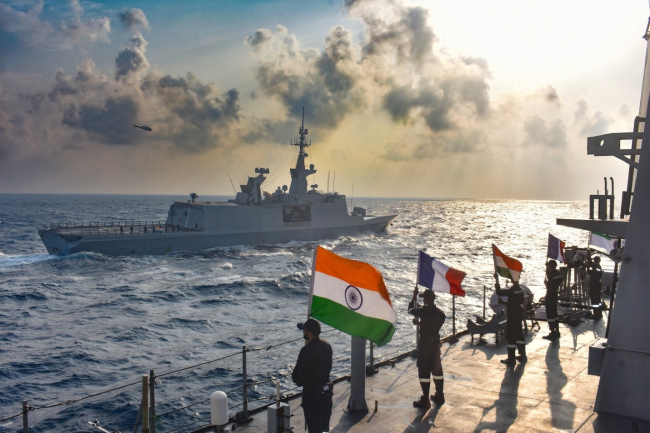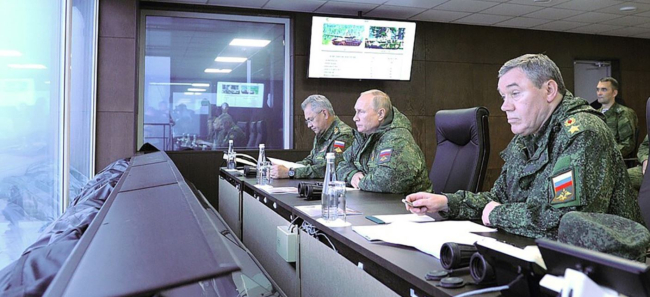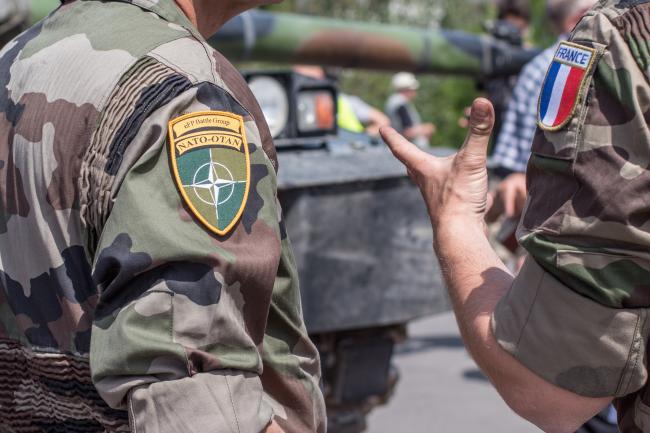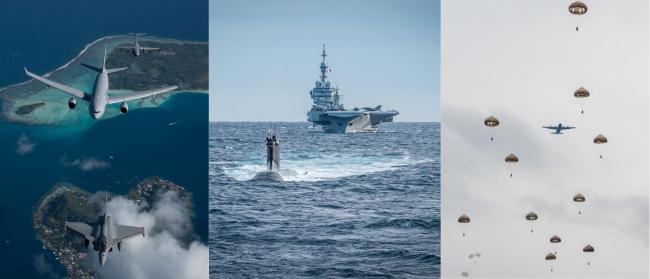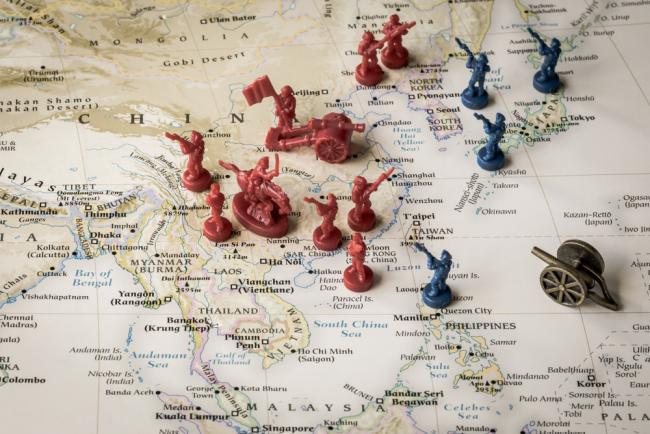Defense Policy and Armed Forces
As military competition increases, nations are adapting their defense policies and transforming their armed forces. Doctrine, organization, equipment and training are key to understanding the evolution of land, air and naval forces.
Related Subjects
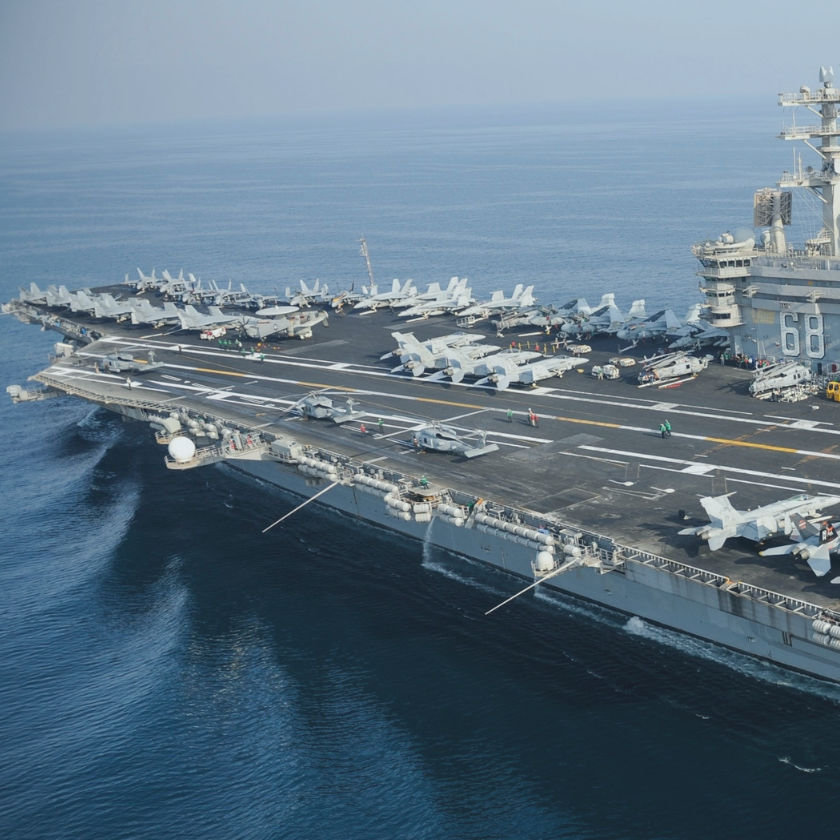
France in the Indo-Pacific: The Need for a Pragmatic Strategic Posture
As US-China rivalry reaches its peak and the likelihood of a high-intensity conflict in the region seems greater than ever, this report advocates for a pragmatic recalibration of France’s strategic posture in the Indo-Pacific. This adjustment should be grounded in a realistic reframing of ambitions and an analysis of France’s core interests and the threats it faces.
Zeitenwende: The Bundeswehr’s Paradigm Shift
Russia’s invasion of Ukraine on February 24, 2022, marked a turning point in German defense policy. After thirty years of military downsizing, the Bundeswehr found itself at an extremely low capability level just as a high-intensity war involving a great power was breaking out on Europe’s doorstep for the first time since 1945. Chancellor Olaf Scholz’s response was to embrace this “turning point” (Zeitenwende) by launching a major program to reequip Germany’s armed forces.
What Does the Russian Army Think About its War in Ukraine? Criticisms, Recommendations, Adaptations
The Russian army is very critical of its war in Ukraine. Not just of the first phase of the failed special military operation (SVO), which was inspired by the theorization of bypassing, but also of the strategic deterrence phase that preceded it.
High-Intensity Warfare: What Challenges for the French Armed Forces?
The new French Military Programming Law for 2024-2030 resolutely commits the French armed forces to the path of high intensity. However, this term continues to be the subject of debate and confusion within the defense community.
After the success of its army in Mozambique, Rwanda expects economic rewards
Companies affiliated with the powerful Crystal Ventures holding company, the financial arm of Kigali's ruling party, are already present in Mozambique.
France’s Place Within NATO: Toward a Strategic Aggiornamento?
With a rapidly deteriorating security environment, a chaotic withdrawal from Afghanistan, internal disputes exploding into public view, and questions being raised about the scope of its security responsibilities, the North Atlantic Treaty Organization (NATO) seemed to be in dire straits at the time of Russia’s invasion of Ukraine on February 24, 2022.
Strategic Signaling: A Lever for France in the Competition Between Powers?
From the joint and combined Orion 2023 exercice to the deployment of Leclerc tanks in Romania, through the qualification fire of new missiles, the French armed forces conduct many manoeuvres and activities that are now described as falling under the "strategic signaling".
Imagining Beyond the Imaginary. The Use of Red Teaming and Serious Games in Anticipation and Foresight
The Red Team Defence demonstrates the Ministry of the Armed Forces' desire to appropriate new foresight tools. Thus, brain games or serious games aim to bypass the weight of the military hierarchy, the standardisation of thoughts and cognitive biases in order to avoid strategic unthinking.
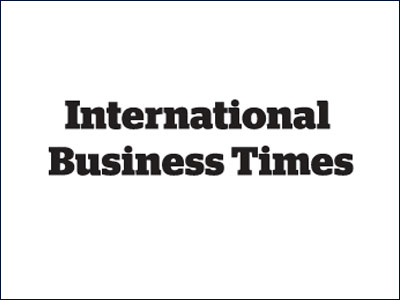

France's Macron Set For Four-nation Tour Of Africa
President Emmanuel Macron kicks off a tour of Central Africa on Wednesday in a diplomatic drive to test out a new "responsible relationship" with the continent as anti-French sentiment runs high in some former colonies
France's strategic thinking in the Middle East is at a standstill
French President Emmanuel Macron was poised to arrive in Jordan for a two-day visit starting on Tuesday, December 20. French troops are deployed in the country as part of the Chammal military operation. Héloïse Fayet, a researcher with the Institut Français des Relations Internationales (French Institute of International Relations) who specializes in the armed forces present in the Middle East, told Le Monde that the terrorist threat in the region was almost eliminated. This, she said, should lead Paris to rethink its strategy. Ms. Fayet published a study in mid-November examining France's strategic posture in the Middle East.
Deploying the Bundeswehr: more transparency, more flexibility, but Parliament’s consent remains key - The Rühe Commission’s final report
Besides the often invoked historical dimension behind Germany’s strategic culture of restraint, there are today very tangible legal reasons that prevent assertive German military interventionism (which are, of course, directly linked to the historical dimension): any intervention of the German armed forces requires the Bundestag’s consent.

France and the Fight against Terrorism in the Sahel: The History of a Difficult Leadership Role
Except for its extreme poverty and the disastrous effects of a series of droughts, the Sahel region has been largely out of the spotlight of international attention in the past. Yet the rise of terrorism and especially the creation of Al-Qaida in the Islamic Maghreb (AQIM) in 2007 brought the region into the focus of world politics. Initially, AQIM"s activities in the Sahel mainly posed a threat to the stability of the Sahelian states themselves. In an effort to internationalize its agenda, however, AQIM also started targeting Western countries.
China's Fortress Fleet-in-Being and its Implications for Japan's Security
This paper analyzes the rise of maritime China and its implications for Japan’s security policy.
The Battle over Fire Support: The CAS Challenge and the Future of Artillery
Traditionally, maneuver units are designed for mobility and control of the ground, while supporting forces (artillery, aviation) deliver fires to protect the former and ensure their freedom of action.
Racial integration - Lessons from the U.S. Army
On Friday, the 13th of January, 2012, the Center for Migrations and Citizenship welcomed 3-star U.S. Army General Bostick as a speaker of its international conference: "Business and the State: Migration Policies, Diversity and Integration".
Helicopter Warfare: The Future of Airmobility and Rotary Wing Combat.
Military helicopters have evolved into technologically sophisticated weapon systems. Originally designed to counter Soviet armor, attack helicopters now have to cope with a wide spectrum of threats, some of them bringing them back to their counterinsurgency roots.
Digital Hoplites: Infantry Combat in the Information Age
FELIN, the world's first "integrated soldier system", will enter service in the French Army this year. Throughout history, infantrymen have sought to capitalize on technology while seeking the best compromise between three basic requirements: mobility, firepower and protection of combatants.
Toward the End of Force Projection? II. Operational Responses and Political Perspectives
For more than a decade, US defense circles have been concerned about the emergence of capabilities and strategies, which, as they spread, risk imperiling the United States" position in the world by their ability to disrupt or prevent force projection operations. Though most of the literature on such “anti-access” strategies focuses on the military aspects of the threat, this Focus stratégique - the second and last part of a two-part study - adopts a different perspective.
East Asian Regional Economic Integration: A Post-Crisis Update
To the surprise of many analysts, the outbreak of the global financial crisis (GFC) in 2008 did not leave East Asian economies unscathed. The objective of the paper is to examine the implications of the GFC for the regional economic integration process in East Asia, taking into account both the de facto and the de jure dimensions.
Support independent French research
Ifri, a foundation recognized as being of public utility, relies largely on private donors – companies and individuals – to guarantee its sustainability and intellectual independence. Through their funding, donors help maintain the Institute's position among the world's leading think tanks. By benefiting from an internationally recognized network and expertise, donors refine their understanding of geopolitical risk and its consequences on global politics and the economy. In 2024, Ifri will support more than 70 French and foreign companies and organizations.










